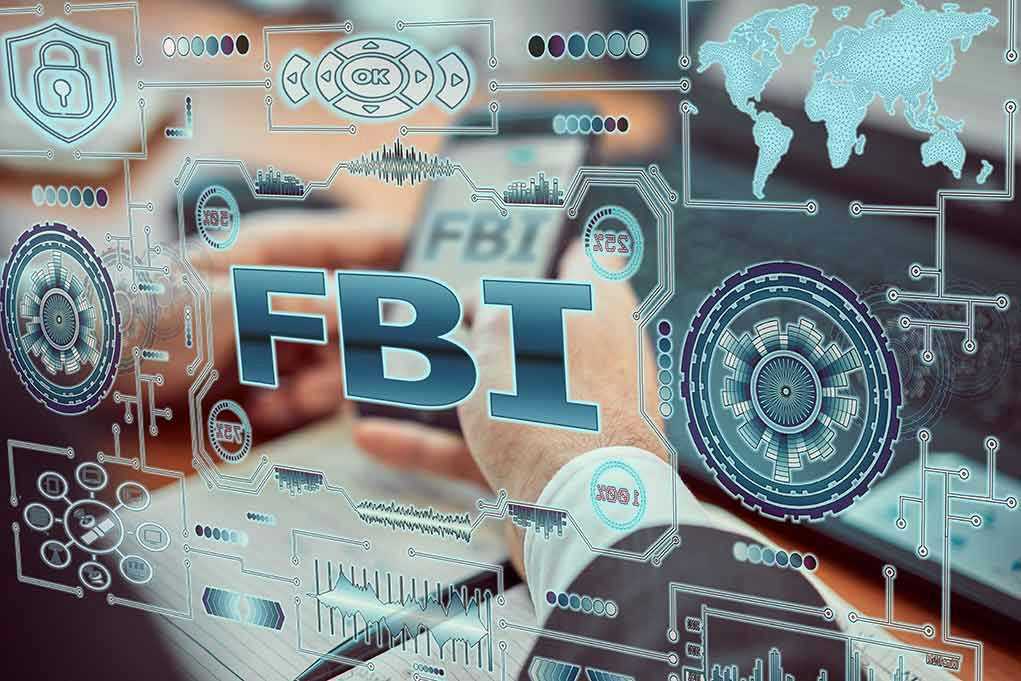
The FBI has taken a decisive step by ending its collaboration with the Southern Poverty Law Center, a move celebrated by conservatives who view SPLC as biased against them.
Story Highlights
- The FBI has severed its ties with the Southern Poverty Law Center.
- This decision follows the FBI’s recent termination of cooperation with the Anti-Defamation League.
- Many conservatives see this as a victory against organizations they believe unfairly target right-leaning groups.
- The SPLC has been criticized for labeling conservative groups as “hate groups.”
FBI Ends Association with SPLC
In a significant move, the Federal Bureau of Investigation has decided to end its long-standing cooperation with the Southern Poverty Law Center (SPLC). This announcement was made by FBI Chief Kash Patel, who stated that the bureau would no longer work with the SPLC, which has been accused of unfairly labeling conservative groups as “hate groups.” This decision reflects ongoing efforts to distance the FBI from organizations that have been perceived as having a biased agenda.
This decision comes on the heels of the FBI’s recent termination of cooperation with the Anti-Defamation League (ADL). Like the SPLC, the ADL has faced criticism from conservative circles for allegedly targeting right-leaning groups and individuals. The FBI’s actions are seen by many as an attempt to restore balance and impartiality in its operations, ensuring that it does not appear to favor one ideological perspective over another.
Conservative Reaction to the Announcement
The conservative community has largely applauded the FBI’s decision. Many conservatives have long been critical of the SPLC, arguing that the organization often mischaracterizes conservative groups and individuals as extremists. By ending its relationship with the SPLC, the FBI has sent a clear message that it will not align itself with organizations perceived as partisan or biased.
Critics of the SPLC have pointed to instances where the organization has been accused of labeling mainstream conservative groups as “hate groups,” a practice that many view as damaging and unjust. This move by the FBI is seen as a victory for those who advocate for fair and unbiased treatment of all political groups, regardless of ideological leanings.
Implications for Future FBI Collaborations
With the termination of its relationship with both the SPLC and the ADL, the FBI is likely to reassess its partnerships with other external organizations. This shift indicates a potential reevaluation of how the bureau engages with advocacy groups, particularly those with clear political leanings. The move could lead to a more cautious approach in forming alliances, ensuring that any collaborations are free from perceived bias.
The broader implications of these decisions may also influence how other government agencies choose their partners. As the FBI seeks to maintain its reputation as an impartial law enforcement agency, it may set a precedent for other agencies to follow suit, fostering a more balanced and non-partisan approach to collaborations.

















